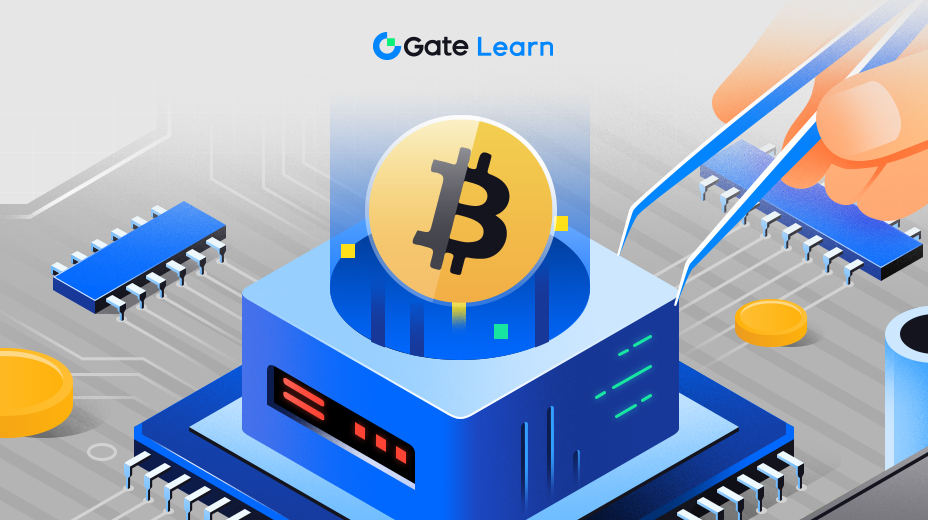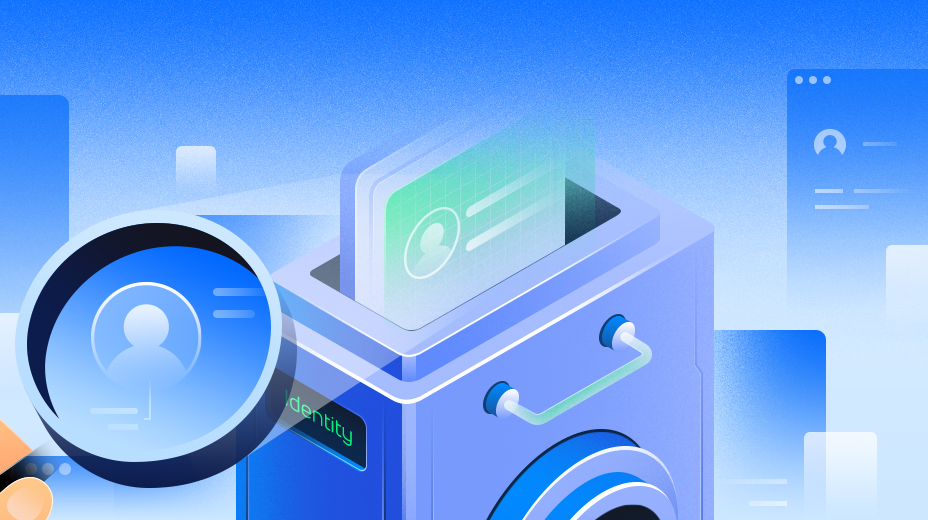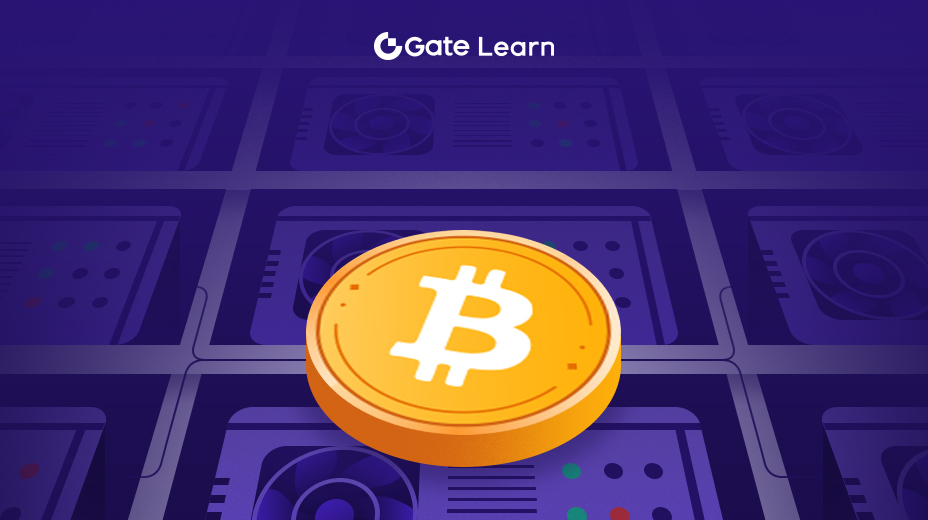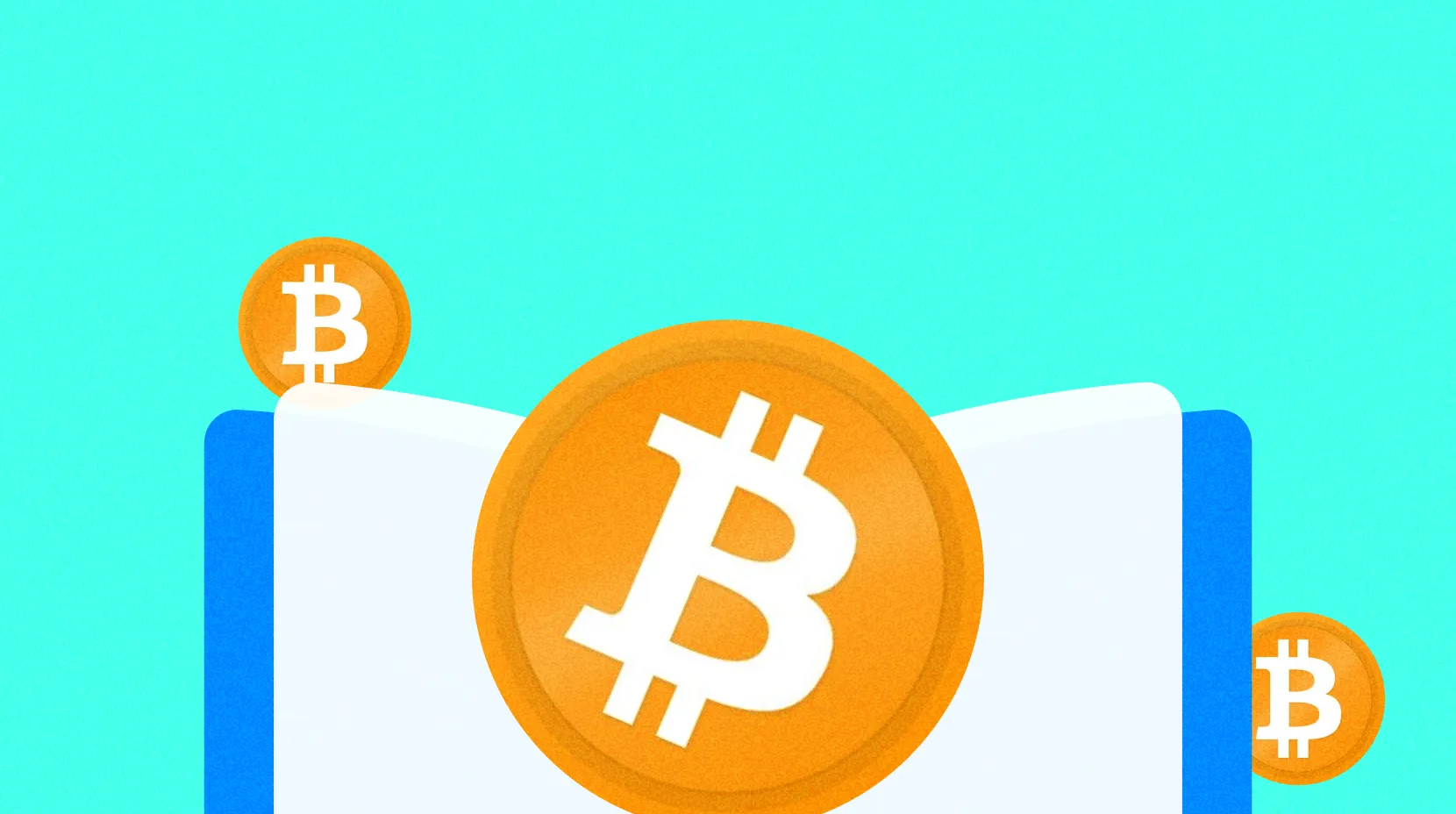Gitcoin (GTC)
Ce module se concentre sur le projet Gitcoin, en examinant sa mission, ses principales caractéristiques et la symbolique des jetons. Il offre un aperçu de la façon dont Gitcoin utilise la technologie blockchain pour construire et financer des biens publics numériques, en favorisant une communauté open-source dynamique.

Gitcoin est une plateforme basée sur la blockchain qui sert de marché pour le développement de logiciels libres. Il s'agit d'une initiative unique qui associe des projets de programmation à code source ouvert à un système de paiement en crypto-monnaie. La mission de Gitcoin est de créer un espace où les projets, les créateurs indépendants et les bailleurs de fonds peuvent se connecter et collaborer sur les logiciels libres. Cette mission est motivée par la conviction du pouvoir régénérateur du financement des biens publics.
Le projet est à la fois un mouvement et une organisation autonome décentralisée (DAO) gérée par des contributeurs, des membres de la communauté et des détenteurs de jetons GTC. Il s'agit d'une communauté de constructeurs, de créateurs et de protocoles qui travaillent ensemble pour façonner l'avenir de l'internet ouvert. La vision de Gitcoin est de mettre en place la future infrastructure du Web3, en finançant et en fournissant des ressources pour le développement de logiciels libres.
Le jeton natif de Gitcoin, GTC, joue un rôle crucial dans l'écosystème de la plateforme. Il est utilisé pour encourager la participation, récompenser les contributeurs et faciliter les transactions au sein de la plateforme. GTC sert également de jeton de gouvernance, permettant aux détenteurs de jetons de participer au processus de prise de décision et d'influencer l'orientation du projet.
Le projet fonctionne comme un réseau décentralisé de développeurs, de créateurs et de protocoles visant à favoriser l'adoption du Web3. Il s'agit d'une plateforme où la communauté peut financer et construire des biens publics numériques, contribuant ainsi à la croissance et au développement de l'écosystème des logiciels libres.
Principales caractéristiques et services
Les subventions Gitcoin : Une pierre angulaire du financement des logiciels libres
Gitcoin Grants est une plateforme construite sur la blockchain Ethereum, permettant des paiements récurrents, sur la chaîne. Il est devenu un outil important pour le financement des projets de logiciels libres, permettant aux développeurs de recevoir un soutien financier directement de la part de la communauté. La plateforme utilise un mécanisme unique connu sous le nom de financement quadratique, qui optimise l'allocation des fonds en fonction du soutien de la communauté. Ce mécanisme garantit que même les petites contributions peuvent avoir un impact significatif, ce qui favorise un processus de financement plus démocratique et inclusif.
La plateforme Gitcoin Grants se compose de deux éléments principaux : un cycle de crowdfunding et une vaste réserve de fonds de contrepartie. Au cours du cycle de crowdfunding, les bénéficiaires de subventions cherchent à obtenir le soutien de la communauté pour leurs projets. La réserve de fonds de contrepartie est ensuite répartie entre les projets en fonction du nombre de contributeurs plutôt que du montant total collecté, ce qui garantit que les projets populaires bénéficiant d'un large soutien reçoivent un financement adéquat.
Gitcoin Grants a joué un rôle essentiel dans le soutien d'un large éventail de projets, depuis les primitives fondamentales du Web3 jusqu'aux organisations à la pointe de la recherche scientifique décentralisée. Il a donné aux développeurs et aux créateurs les moyens de se faire une place dans l'écosystème des logiciels libres.
Grants Stack : Une solution complète pour la gestion des subventions
La pile de subventions Gitcoin est une solution basée sur un protocole qui permet à toute communauté de créer, gérer et développer un programme de subventions. Il fournit un ensemble complet d'outils pour lancer et gérer un cycle de financement quadratique, permettant aux candidats de mobiliser leur communauté et de construire une réputation sur la chaîne.
Le Grants Stack permet aux sympathisants de voter avec leurs dollars pour les projets qui leur tiennent à cœur, en distribuant des fonds de contrepartie aux projets les plus populaires qui reçoivent le plus de soutien. Il offre un ensemble de fonctionnalités personnalisables, permettant aux communautés de déployer et de gérer leurs programmes de subventions en fonction de leurs besoins spécifiques.
Passeport : Une maison pour votre identité numérique
Gitcoin Passport est une application de vérification d'identité qui permet aux utilisateurs de collecter des informations vérifiables prouvant leur identité et leur fiabilité sans exposer d'informations d'identification personnelle. Il sert de foyer unique pour votre profil BrightID, vos protocoles de preuve de présence (POAP), Ethereum Name Service (ENS) et d'autres marqueurs d'identité numérique.
Le passeport Gitcoin agit comme un agrégateur d'informations d'identification de la société décentralisée, prouvant votre fiabilité sans avoir besoin de collecter des informations personnelles identifiables. En collectant des "tampons" de validation de votre identité et de votre réputation en ligne, vous pouvez accéder aux services Web3 les plus dignes de confiance.
Allo : Un protocole pour l'allocation de capital en chaîne
Allo est un protocole développé par Gitcoin pour l'allocation de capital sur la chaîne. Il s'agit d'un ensemble de contrats intelligents qui permettent l'allocation et la distribution démocratiques de fonds grâce au pouvoir du financement quadratique. Allo comporte quatre éléments importants : un tour, une stratégie de vote, une stratégie de paiement et un registre de projets.
Construite avec le protocole Allo, Gitcoin Grants Stack est la toute première solution décentralisée, personnalisable et basée sur des contrats intelligents qui met en relation les communautés, les responsables des subventions et les demandeurs de subventions. Il permet aux groupes de mettre en commun et d'allouer des fonds pour soutenir leurs objectifs collectifs, en s'adaptant à différents modèles de financement, y compris les subventions et les contributions permanentes.
Le protocole Allo est conçu pour être open-source, décentralisé et modulaire, permettant aux groupes de mettre en commun et d'allouer des fonds pour soutenir leurs objectifs collectifs. Il offre aux communautés un nouveau moyen de financer des projets et des initiatives, en proposant un mécanisme démocratique et transparent pour l'allocation des ressources.
La tokenomique
Le jeton natif de Gitcoin, GTC, est un jeton de gouvernance qui joue un rôle crucial dans l'écosystème du projet. Il est conçu pour décentraliser progressivement la plateforme Gitcoin, en donnant à la communauté le pouvoir d'influencer l'orientation future de la plateforme. Le jeton GTC n'est pas seulement un moyen d'échange, mais un outil de gouvernance et de participation communautaire.
L'offre totale de GTC est de 100 millions de jetons. La distribution de ces jetons est conçue pour récompenser à la fois les premiers utilisateurs de la plateforme Gitcoin et les futurs contributeurs. L'allocation des jetons GTC est la suivante : 50 % sont réservés à la trésorerie de la communauté pour les futurs participants, 35 % sont alloués aux parties prenantes existantes et 15 % sont distribués sous forme d'airdrop rétroactif.
Le jeton GTC remplit de multiples fonctions au sein de l'écosystème Gitcoin. Il est utilisé pour encourager la participation, récompenser les contributeurs et faciliter les transactions au sein de la plateforme. GTC sert également de jeton de gouvernance, permettant aux détenteurs de jetons de participer au processus de prise de décision et d'influencer l'orientation du projet.
Les jetons de GTC sont conçus pour soutenir la mission du projet, qui consiste à créer et à financer des biens publics numériques. Une partie des jetons GTC est mise en vente lors de l'Initial Coin Offering (ICO) du projet, fournissant ainsi le financement initial du projet. Le reste des jetons est distribué sur une période minimale de cinq ans, 14,5 % de l'offre étant libérés lors de l'événement de génération de jetons (Token Generation Event - TGE).
Le jeton GTC joue également un rôle crucial dans la gouvernance de la DAO Gitcoin. Les détenteurs de jetons GTC peuvent participer au processus de prise de décision, en influençant le développement et la direction du projet. Cela permet de s'assurer que le projet reste piloté par la communauté et aligné sur les besoins et les aspirations de ses utilisateurs.
Points forts
- Gitcoin est une plateforme basée sur la blockchain qui sert de marché pour le développement de logiciels libres, visant à financer et à construire des biens publics numériques.
- La plateforme fonctionne comme une organisation autonome décentralisée (DAO), la communauté des constructeurs, des créateurs et des protocoles façonnant l'avenir de l'internet ouvert.
- Gitcoin Grants est une fonctionnalité importante de la plateforme, permettant aux développeurs de recevoir un soutien financier directement de la communauté par le biais d'un mécanisme unique de financement quadratique.
- Le Gitcoin Grants Stack permet à n'importe quelle communauté de créer, gérer et développer un programme de subventions, en fournissant un ensemble complet d'outils pour lancer et gérer un cycle de financement quadratique.
- Gitcoin Passport est une application de vérification d'identité qui permet aux utilisateurs de collecter des informations vérifiables prouvant leur identité et leur fiabilité sans exposer d'informations d'identification personnelle.
- Le jeton GTC, la monnaie locale de Gitcoin, est utilisé comme moyen d'échange, comme jeton de gouvernance et comme mécanisme d'incitation au sein de la plateforme.





